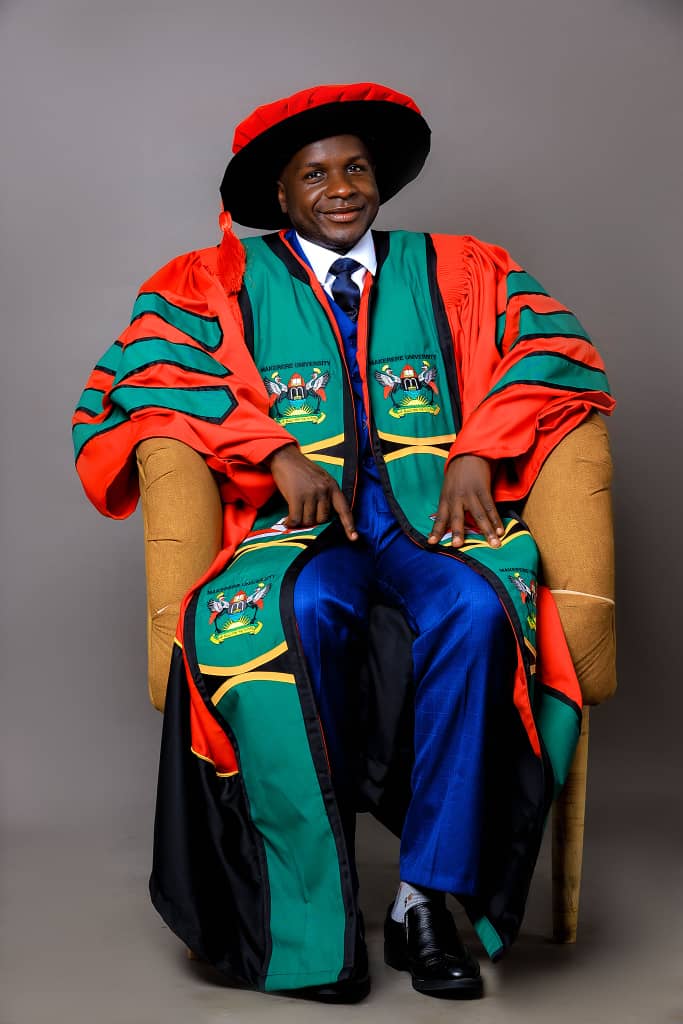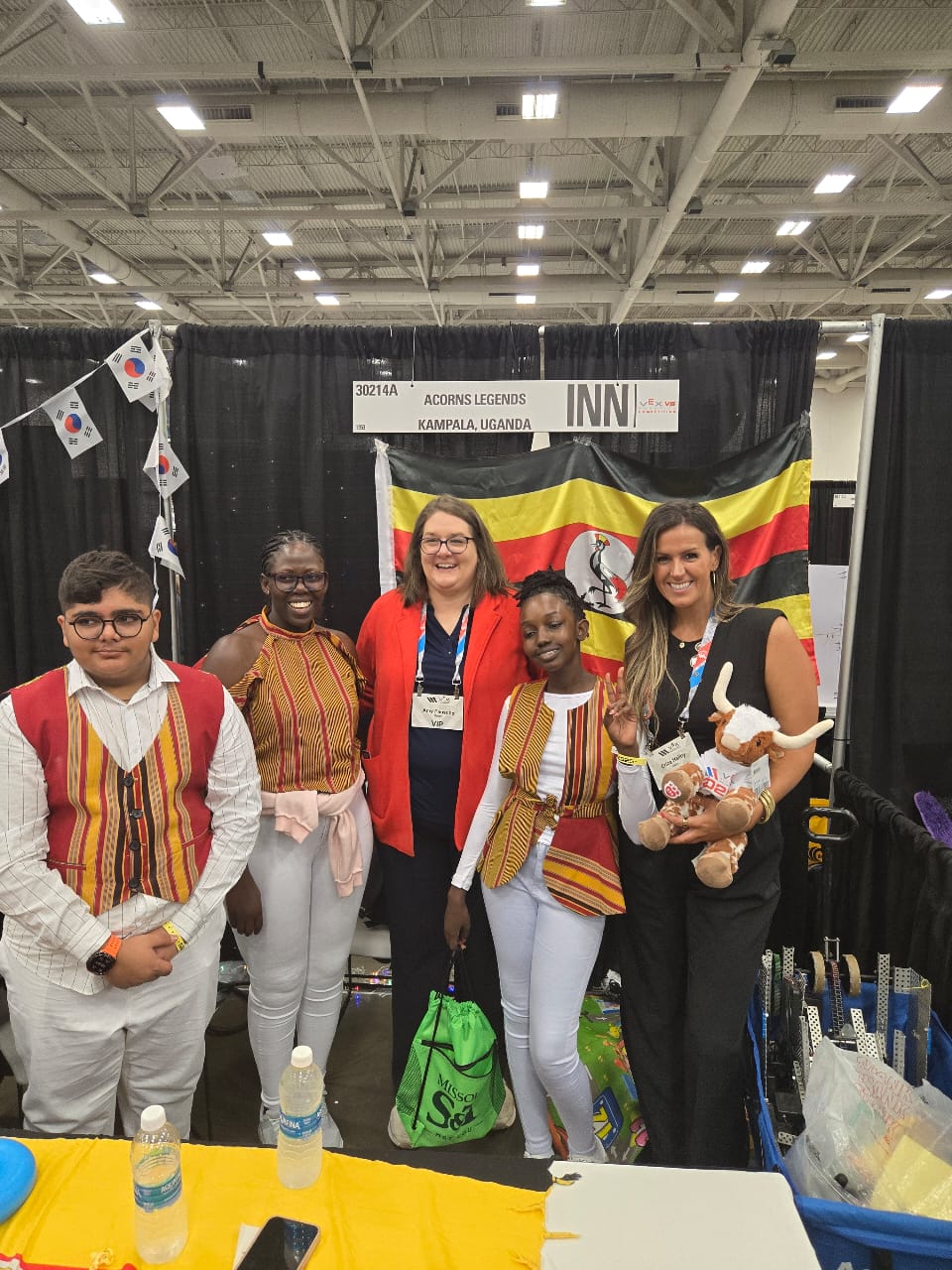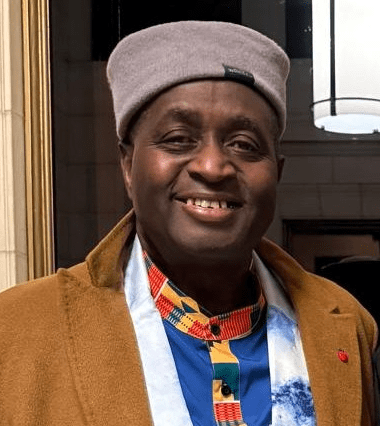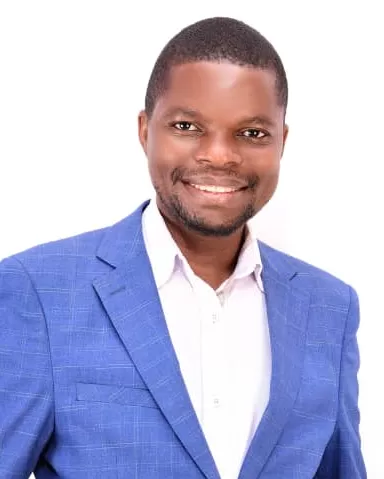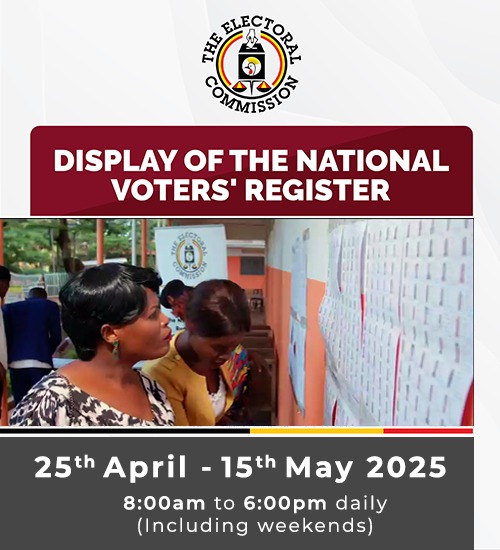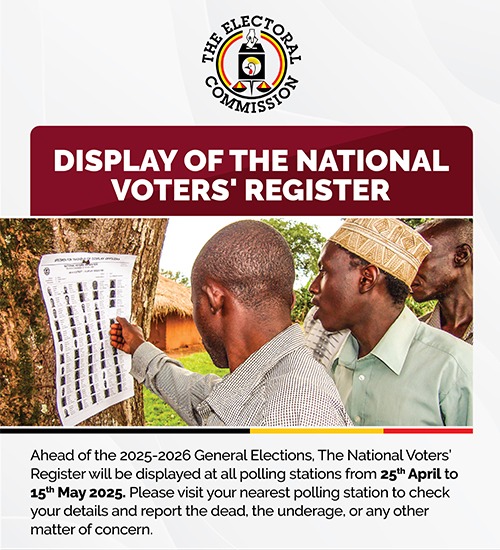Makerere, Uganda – A Doctoral study at Makerere University in Uganda has shed light on the drivers of persistent political violence, electoral fraud, and manipulations of laws in the East African country.
In a recent academic milestone, Samuel Okok was conferred with a Doctor of Philosophy degree for his groundbreaking research on the socio-political drivers behind Uganda’s persistent political integrity challenges.
Titled “Socio-Political Drivers of Uganda’s Political Integrity Challenges: Towards a Normative Ethical Framework,” Okok delved into the core issues surrounding political violence, election malpractices, and the manipulation of laws in Uganda. He obtained a his doctoral award this morning.
Despite the existence of an integrity system, Okok sought to understand why these challenges continue to plague the Ugandan political landscape.
His study uncovered that the roots of Uganda’s political abuses lie deep within the oppressive and exploitative character of the state, a legacy inherited from the colonial era.
This oppressive character, as revealed by Okok’s research, facilitates the creation and sustenance of pseudo-democratic structures that project an illusion of good governance, all the while being utilized to entrench political abuse.
The study identified economic hindrances, institutional and legal failures, and social diversities as key drivers of political abuse.
These factors, deeply entrenched in Uganda’s historical experience, contribute to the persistent challenges faced by the nation’s political landscape.
In response to these challenges, Okok’s research proposes an innovative approach – an emancipatory normative ethical framework.
This framework centers on cultivating a civic culture among citizens to actively engage with and influence the political trajectory of the country. By fostering a sense of civic responsibility, Okok believes that Ugandans can collectively confront and mitigate political abuses.
Furthermore, Okok suggests the adoption of non-violent civil disobedience in situations where efforts to promote a civic culture face obstruction.
“This strategic approach aims to peacefully challenge oppressive structures and advocate for positive change within the political sphere,” he tells us.
The study, funded by Gerda-Henkel Stiftung, was conducted under the supervision of Prof. Archangel Rukooko Byaruhanga and Dr. Jimmy Spire Ssentongo.
The findings contribute significantly to the discourse surrounding political challenges in Uganda, offering a fresh perspective on the systemic issues that have long hindered the nation’s political integrity.
Okok’s research not only sheds light on the historical underpinnings of Uganda’s political landscape but also proposes tangible solutions to address the persistently challenging issues.
As Uganda grapples with its political realities, Okok’s work serves as an ideal for those advocating positive change and ethical governance.

